Irrespective of how much or how well we know about our pets, there’s always a question we want to ask. And when a question pops into our mind, we all do the same thing; we Google it! Here, we’ll give answers to 10 most searched questions about dogs. So, instead of leaving the answers up to Veterinary Dr Google, we give answers provided by our veterinary experts. Questions are often asked by dog owners, as well as potential dog owners.
Question 1
How long are dogs pregnant?
Answer;
Usually about 58-68 days—that’s roughly two months.
Take your dog(s) to veterinary experts for a proper check-up.
Question 2
Why does my dog lick me?
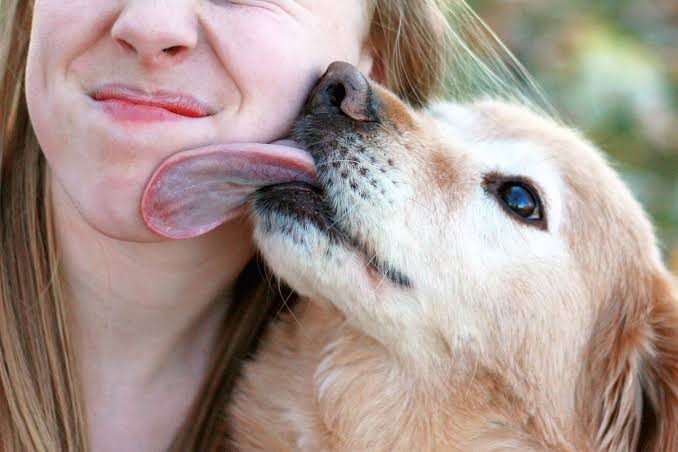
Answer;
Dogs lick for a lot of reasons, some with behavioural or medical explanations. Many dogs lick because they like the taste of salty skin or products we apply. Others lick because they expect a kiss back from you or some cosy feeling.
If you’re concerned, reach out to the vet for explanations.
Question 3
How can you tell how old a dog is?
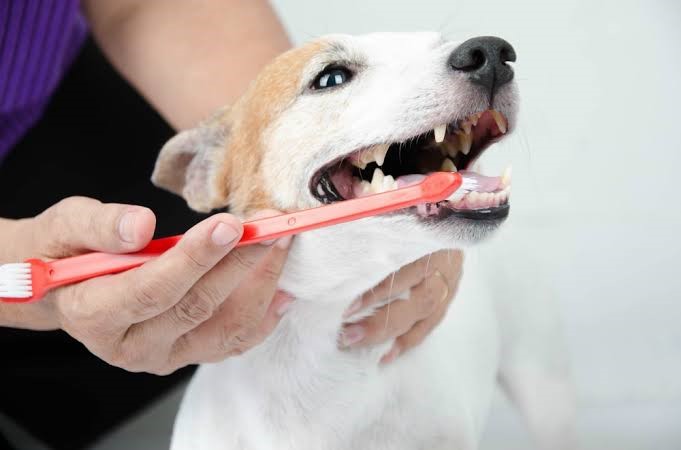
Answer;
It’s not rocket science to predict the age of a dog, neither is it like reading “A, B, C” but guess what? We always have an answer to your question.
Simply examine the dog’s teeth. Dogs under 7months will have some puppy teeth, dogs over 3years will have some tartar, while older dog’s teeth will show wear.
Question 4
Do dogs dream?

Answer;
Yes! Dogs have similar cycles to humans and show evidence of dreaming during the REM (Rapid Eye Movement) cycle of sleep. If you watch your dog closely, you will notice that they occasionally move their legs as if running, whine, whimper, or even bark and sometimes breathe heavily.
Question 5
How much Benadryl can I give my dog?
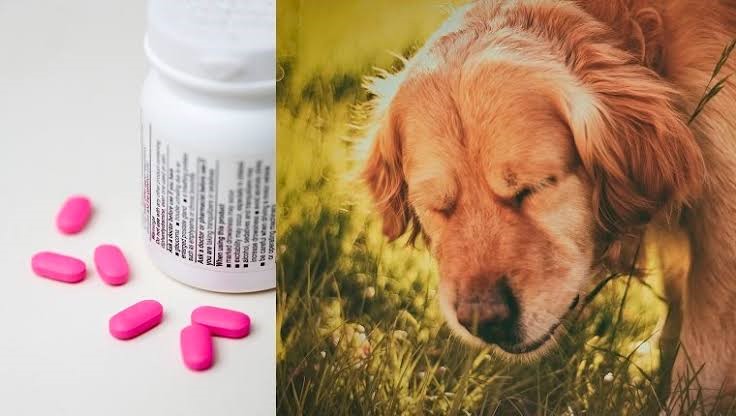
Answer;
Rash, itching, watery eyes, itchy eyes/nose/throat, etc. in dogs can be very discomforting. The vet suggests we tackle these with Benadryl. The standard is 1mg per pound of bodyweight so a 15-pound pup would get the average 15mg tablet. Most dogs handle the drug well but watch for Hyperactivity and other symptoms.
Question 6
Why do dogs eat grass?
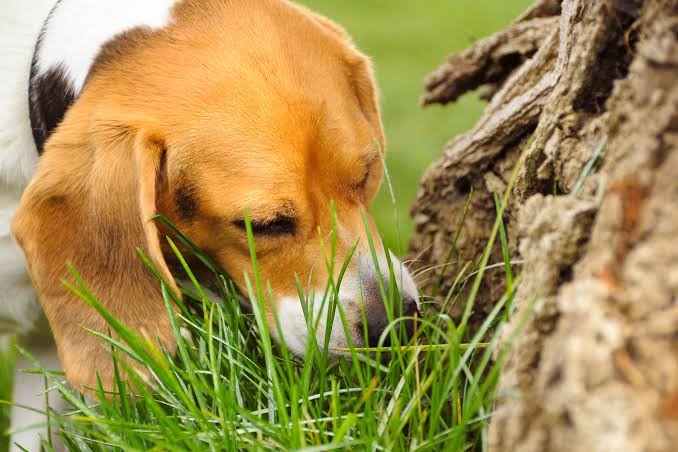
Answer;
Less than 25% of dogs that eat grass vomit after grazing. Many dogs eat grass to settle stomach upset; a few eat grass to settle digestion, treat internal worms, while others eat grass out of anxiety, boredom or hunger.
Question 7
How to cut a dog’s nail
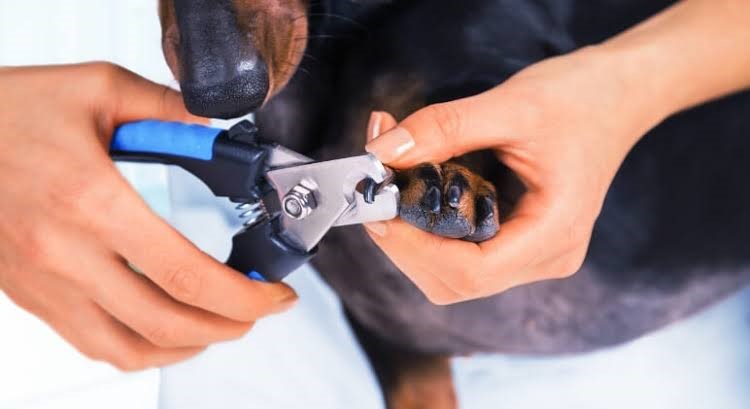
Answer;
If you can’t do all your dog’s nails at once, never fear — you can clip them one paw at a time, with other activities or a resting period in between.
1.) Hold the foot steady, but hold it gently.
2.) Snip off a small bit of the end of each toenail. Using either the guillotine or scissors-type clippers, place a tiny bit of the nail in the nail clipper and snip.
3.) Stop any bleeding immediately.
Question 8
What can I give my dog for pain?
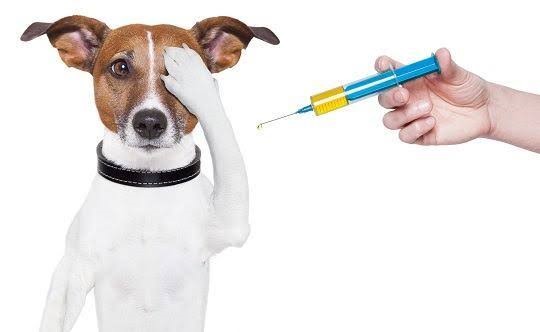
Answer;
While human pain medications should be used for humans only, several pain medications are formulated specifically to help manage your dog’s pain.
Dog painkillers include carprofen, deracoxib, firocoxib and meloxicam, each of which can be prescribed by your vet. Nobody wants to see their dog hurting, and the instinct to provide relief as quickly as possible can be hard to resist. But the best thing to do for your dog’s pain is to call your vet, who can advise you on the best and safest method of relieving pain for your beloved pup.
Question 9
How long does a dog stay in heat?

Answer;
Heat usually lasts between 2-4 weeks. Early in the cycle, a female dog may not be receptive to male dogs, although some are receptive through the entire cycle. It can be shorter or longer, and you’ll know the cycle is over when all her vulva returns to its normal size, and there’s no more bleeding or discharge.
Question 10
How to stop a dog from barking

Answer;
Dogs who bark out of boredom, need more exercise and stimulation. While dogs who back out of anxiety need environmental management.
Conclusion
So there you have it! Exciting right? Well, we advise all pet owners should understand their pets by interacting with them frequently that way there’ll be less panic when something comes up. If you find it difficult to be knowledgeable, always visit your vet expert.


